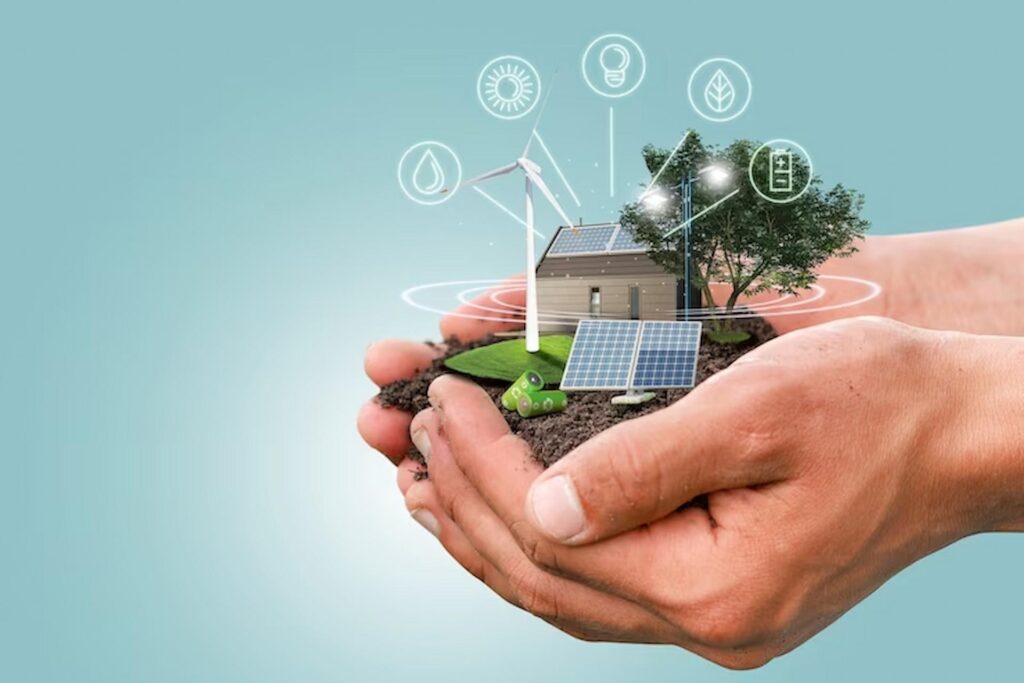In an era where environmental consciousness is at the forefront of global discussions, people are increasingly seeking ways to contribute to a more sustainable and eco-friendlier lifestyle. One impactful avenue for making a positive change is through eco-upgrading your home. This transformative process benefits the environment, enhances your quality of life, and saves you money in the long run.
Environmental Impact: Reducing Your Carbon Footprint
One of the most compelling reasons to eco-upgrade your home is the significant reduction in your carbon footprint. Traditional homes often rely on energy sources which contribute to greenhouse gas emissions, exacerbating climate change. You can substantially decrease your home’s environmental impact by embracing eco-friendly alternatives such as solar panels, energy-efficient appliances, and sustainable building materials. For comprehensive information and resources on eco-upgrading your home with electric vehicles, visit Now EV.
Energy Efficiency: Cutting Costs and Consumption
Eco-upgrading involves implementing energy-efficient technologies, lowering utility bills, and reducing energy consumption. Installing programmable thermostats, energy-efficient windows, and LED lighting not only contributes to environmental preservation but also leads to considerable savings on your monthly energy expenses. Over time, these upgrades pay for themselves, making it a financially savvy decision in addition to an environmentally responsible one.
Improved Indoor Air Quality: Healthier Living Spaces
Traditional construction materials and furnishings can release harmful toxins into the air, leading to poor indoor air quality. Eco-upgrading your home involves using low-VOC (volatile organic compound) paints, natural insulation materials, and eco-friendly flooring options. These choices promote a healthier living environment by minimizing the presence of allergens and pollutants, thus benefiting your and your family’s well-being.
Sustainable Water Management: Conservation in Action
Water scarcity is a growing concern worldwide, making it crucial to adopt sustainable water management practices at a household level. Eco-upgrading your home can include installing water-saving fixtures, rainwater harvesting systems, and drought-resistant landscaping. These initiatives conserve precious water resources and contribute to a more resilient and sustainable community.
Increased Property Value: Investing in the Future
As sustainability becomes a key criterion for homebuyers, eco-upgrading your home can enhance its market value. Energy-efficient features, eco-friendly materials, and green certifications can make your property more attractive to environmentally conscious buyers. By investing in sustainable upgrades, you’re contributing to a greener planet and making a wise financial decision that pays off when it’s time to sell.
Government Incentives: Financial Support for Green Initiatives
Many governments and local authorities offer incentives and tax credits for eco-friendly home upgrades. These can include rebates for solar panel installations, tax credits for energy-efficient appliances, and grants for sustainable landscaping. Taking advantage of these financial incentives makes eco-upgrading more affordable and also demonstrates the commitment of communities and governments to fostering sustainable living practices.
Eco-upgrading your home is a powerful and tangible way to contribute to a sustainable future. By reducing your environmental impact, cutting energy costs, and enhancing your overall well-being, you’re not just making a personal investment but actively participating in the global movement toward a greener, more eco-conscious society.
As the world collectively strives to address climate change, your decision to eco-upgrade your home becomes a small yet significant step in the right direction—a step toward a brighter and more sustainable tomorrow.

